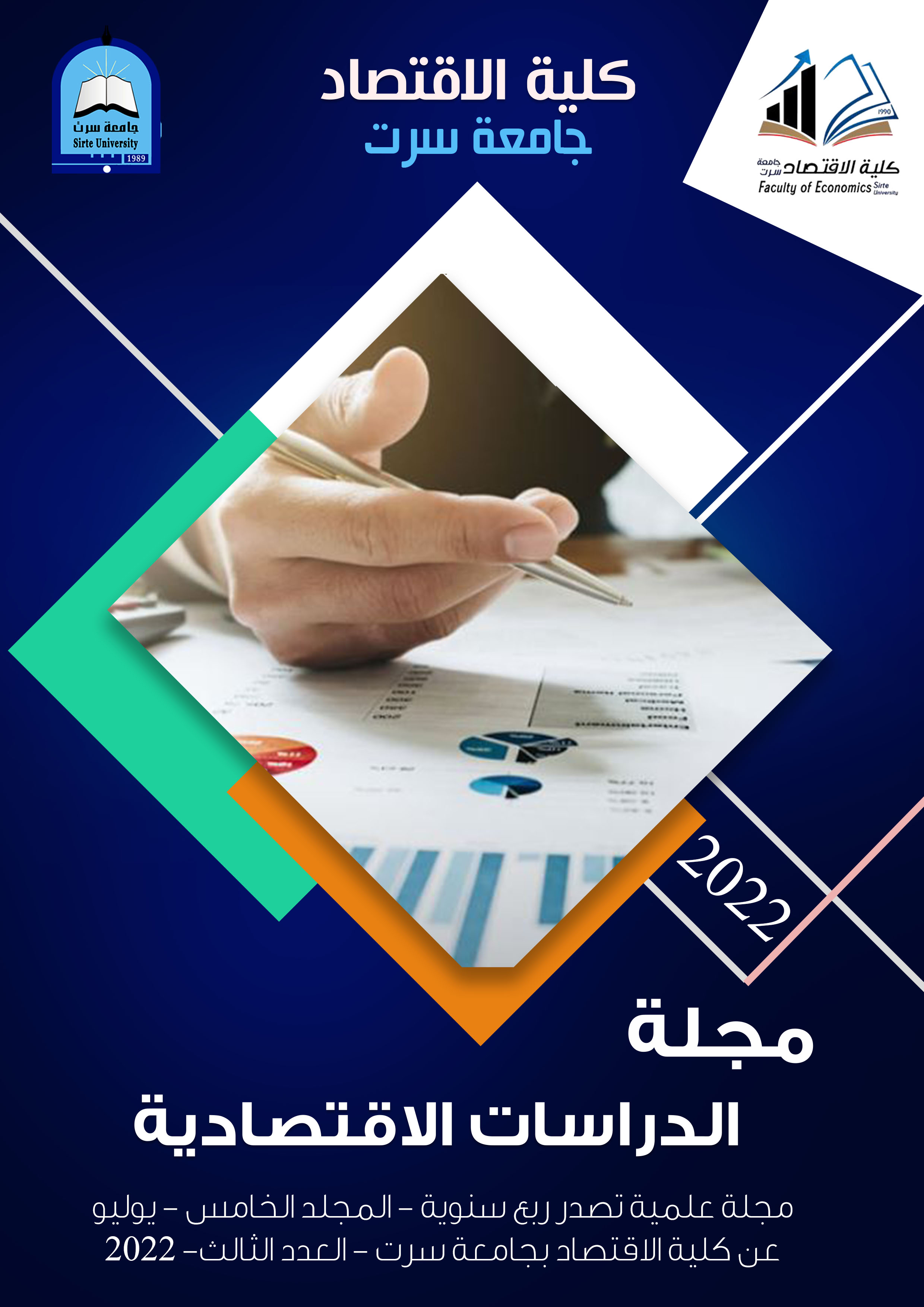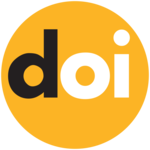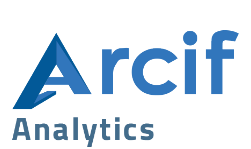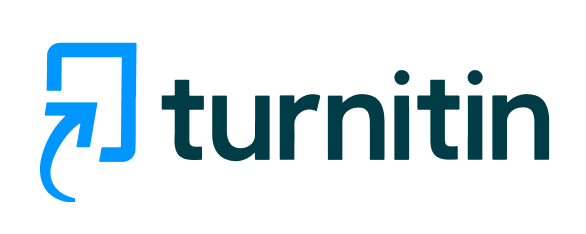A study of the relationship of the extent of accountants’ knowledge of Blockchain technology and their expectations of its Importance to accounting - a field study
DOI:
https://doi.org/10.37375/esj.v5i3.141Keywords:
The importance of Blockchain in accounting, Blockchain technology, Accountants' knowledge, Accountants' expectationsAbstract
The study aimed to identify the level of knowledge of accountants with Blockchain technology and its uses, as well as the degree of their expectations of its importance to the accounting profession, in addition to measuring the relationship between the degree of accountants’ knowledge of technology (Blockchain) and their expectations of its importance to the accounting profession.
The results of the study concluded that accountants have medium knowledge of Blockchain technology and its importance and uses. The results also indicated positive expectations of accountants for the importance of technology on the accounting profession. The results also showed a high direct correlation between the variables of knowledge of technology and the degree of their expectations of its importance to the accounting profession.
The study recommended the need to shed light on Blockchain technology and encrypted digital currencies by trade unions, universities and research centers, and update financial educational programs and plans in universities and training centers to include elements of financial technology, specifically Blockchain technology, and also recommended the introduction and promotion of Blockchain technology in government, banking and corporate systems. , to take advantage of it as a real opportunity.
References
(https://blockchaintechnologycom.wordpress.com/2016/11/21/advantages-disadvantages/).10.1109/AIEEE.2018.8592253.
- Atlam, H., & Wills, G. (2019). Technical Aspects of Blockchain and IoT. Advances in Computers, 115, 1-39.
- Blockchain Technology (2016), "Advantages & Disadvantages of Blockchain Technology", Retrieved August 9, 2020, from Blockchain Technology.
- Demirkan, S. Demirkan, I. & McKee, A. (2020). Blockchain technology in the future of business cyber security and accounting. Journal of Management Analytics, 7(2), 189-208, DOI: 10.1080/23270012.2020.1731721.
- Faccia, A., Al Naqbi, M., & Lootah S. (2019). Integrated Cloud Financial Accounting Cycle: How Artificial Intelligence, Blockchain, and XBRL will Change the Accounting, Fiscal and Auditing Practices. Paper Presented at 2019 3 rd. International Conference on Cloud and Big Data Computing (ICCBDC 2019). Association for Computing Machinery, New York, NY, USA, 31–37. Doi: https://doi.org/10.1145/3358505.3358507.
- Fauvel, W. (2017). Blockchain Advantages and Disadvantages. Retrieved August 12, 2020, from: Medium (https://medium.com/nudjed/blockchain-advantage-and-disadvantages-e76dfde3bbc0).
- Golosova, J., & Romanovs, A. (2018). "The Advantages and Disadvantages of the Blockchain Technology". Paper Presented at 2018 IEEE 6th Workshop on Advances in Information, Electronic and Electrical Engineering (AIEEE), Vilnius, 1-6. Doi:10.1109/AIEEE.2018.8592253.
- Huhmo, M. (2018). Blockchain technology: Bitcoin as a case (bachelor’s thesis). Business Information Technology, Oulu University of Applied Sciences, Finland. Retrieved from https://www.theseus.fi/bitstream/handle/10024/145810/Mikko_Huhmo_Thesis_Final.
- (2017). Blockchain and the Future of Accountancy. Retrieved August 15, 2020, from: (https://com//media/corporate/files/technical/informationtechnology/technology/blockchain- and-the-future-of-accountancy.ashx).
- Kwilinski, A. (2019). Implementation of Blockchain Technology in Accounting Sphere. Academy of Accounting and Financial Studies Journal, 23 (2), 1-6.
- Nakamoto, S. (2008). Bitcoin: A Peer-to-Peer Electronic Cash System. Retrieved July 12, 2020, from: Bitcoin (https://bitcoin.org/bitcoin.pdf).
Pdf? Sequence =1&isAllowed=y.
- Schmitz, J., & Leoni, G. (2019). Accounting and Auditing at the Time of Blockchain Technology: A Research Agenda. Australian Accounting Review, 29 (2), 331-342.
- Sheldon, M. D. (2018). Using Blockchain to Aggregate and Share Misconduct Issues across the Accounting Profession. Current Issues in Auditing, 12 (2), A27–A35.
- Sultan, K., Ruhi, U., & Lakhani, R. (2018) Conceptualizing Blockchains: Characteristics and Applications. Paper Presented at 11th IADIS International Conference Information Systems, Lisbon.
- Swan, M. (2015). Blockchain – Blueprint for a New Economy. Sebastopol, CA: O’Reilly Media.
- Vijai, C., Elayaraja, M., Suriyalakshmi, S.M., & Joyce, D. (2019). The Blockchain Technology and Modern Ledgers through Blockchain Accounting. Adalya Journal, 8 (12), 545-557.
- Yaga, D., Mell, P., Roby, N., & Scarfone, K. (2018). Blockchain Technology Overview. U.S. Department of Commerce, National Institute of Standards and Technology.
- Zhang, Y., Xiong, F., Xie, Y., Fan, X., & GU, H. (2020). The Impact of Artificial Intelligence and Blockchain on the Accounting Profession [Electronic Version]. IEEE Access, 8, 110461- 110477. Doi: 10.1109/ACCESS.2020.3000505.
References
أولاً: مراجع باللغة العربية:
• أحمد، منير ماهر، (2019)، "تقنية سلسلة الثقة (الكتل) وتأثيرها على قطاع التمويل الإسلامي"، مجلة بحوث وتطبيقات في المالية الإسلامية، المجلد رقم 3، العدد 2.
• أكاديمية أعمل بزنس، (2021)، "البلوك تشين والمحاسبة: الأهمية والتطبيقات". (e3melbusiness.com)
• البار، عدنان مصطفى، (2020) "البلوك تشين وأثره في تحسين التقارير المالية الرقمية"، قادة ومشرفي المعلوماتية العرب.
• الرحيلي، هدي عبد اللطيف، وآخرون، (2020)، "تطوير قطاع الإيجار العقاري بما يتماش مع التحول الرقمي للملكة العربية السعودية"، مجلة دراسات وتقنية المعلومات، المجلد 1، العدد 5.
• السبيعي، فاطمة، (2019)، "إتجاهات تطبيق تقنية البلوك تشين في دول الخليج"، مركز البحرين للدراسات الاستراتيجية والدولية والطاقة.
• عصام الدين، محمد، (2019) أحمد، "عملة البيتكوين"، مجلة المصرفي.
• المطيري، نواف، (2018)، "بلوك تشين"، المؤتمر السعودي للقانون، السعودية.
References
Atlam, H., & Wills, G. (2019). Technical Aspects of Blockchain and IoT. Advances in Computers, 115, 1-39.
Blockchain Technology (2016), "Advantages & Disadvantages of Blockchain Technology", Retrieved August 9, 2020, from Blockchain Technology.
Demirkan, S. Demirkan, I. & McKee, A. (2020). Blockchain technology in the future of business cyber security and accounting. Journal of Management Analytics, 7(2), 189-208, DOI: 10.1080/23270012.2020.1731721.
Faccia, A., Al Naqbi, M., & Lootah S. (2019). Integrated Cloud Financial Accounting Cycle: How Artificial Intelligence, Blockchain, and XBRL will Change the Accounting, Fiscal and Auditing Practices. Paper Presented at 2019 3 rd. International Conference on Cloud and Big Data Computing (ICCBDC 2019). Association for Computing Machinery, New York, NY, USA, 31–37. Doi: https://doi.org/10.1145/3358505.3358507.
Fauvel, W. (2017). Blockchain Advantages and Disadvantages. Retrieved August 12, 2020, from: Medium (https://medium.com/nudjed/blockchain-advantage-and-disadvantages-e76dfde3bbc0).
Golosova, J., & Romanovs, A. (2018). "The Advantages and Disadvantages of the Blockchain Technology". Paper Presented at 2018 IEEE 6th Workshop on Advances in Information, Electronic and Electrical Engineering (AIEEE), Vilnius, 1-6. Doi:10.1109/AIEEE.2018.8592253.
Huhmo, M. (2018). Blockchain technology: Bitcoin as a case (bachelor’s thesis). Business Information Technology, Oulu University of Applied Sciences, Finland. Retrieved from https://www.theseus.fi/bitstream/handle/10024/145810/Mikko_Huhmo_Thesis_Final.
(2017). Blockchain and the Future of Accountancy. Retrieved August 15, 2020, from: (https://com//media/corporate/files/technical/informationtechnology/technology/blockchain- and-the-future-of-accountancy.ashx).
Kwilinski, A. (2019). Implementation of Blockchain Technology in Accounting Sphere. Academy of Accounting and Financial Studies Journal, 23 (2), 1-6.
Nakamoto, S. (2008). Bitcoin: A Peer-to-Peer Electronic Cash System. Retrieved July 12, 2020, from: Bitcoin (https://bitcoin.org/bitcoin.pdf).
Pdf? Sequence =1&isAllowed=y.
Schmitz, J., & Leoni, G. (2019). Accounting and Auditing at the Time of Blockchain Technology: A Research Agenda. Australian Accounting Review, 29 (2), 331-342.
Sheldon, M. D. (2018). Using Blockchain to Aggregate and Share Misconduct Issues across the Accounting Profession. Current Issues in Auditing, 12 (2), A27–A35.
Sultan, K., Ruhi, U., & Lakhani, R. (2018) Conceptualizing Blockchains: Characteristics and Applications. Paper Presented at 11th IADIS International Conference Information Systems, Lisbon.
Swan, M. (2015). Blockchain – Blueprint for a New Economy. Sebastopol, CA: O’Reilly Media.
Vijai, C., Elayaraja, M., Suriyalakshmi, S.M., & Joyce, D. (2019). The Blockchain Technology and Modern Ledgers through Blockchain Accounting. Adalya Journal, 8 (12), 545-557.
Yaga, D., Mell, P., Roby, N., & Scarfone, K. (2018). Blockchain Technology Overview. U.S. Department of Commerce, National Institute of Standards and Technology.
Zhang, Y., Xiong, F., Xie, Y., Fan, X., & GU, H. (2020). The Impact of Artificial Intelligence and Blockchain on the Accounting Profession [Electronic Version]. IEEE Access, 8, 110461- 110477. Doi: 10.1109/ACCESS.2020.3000505.




































